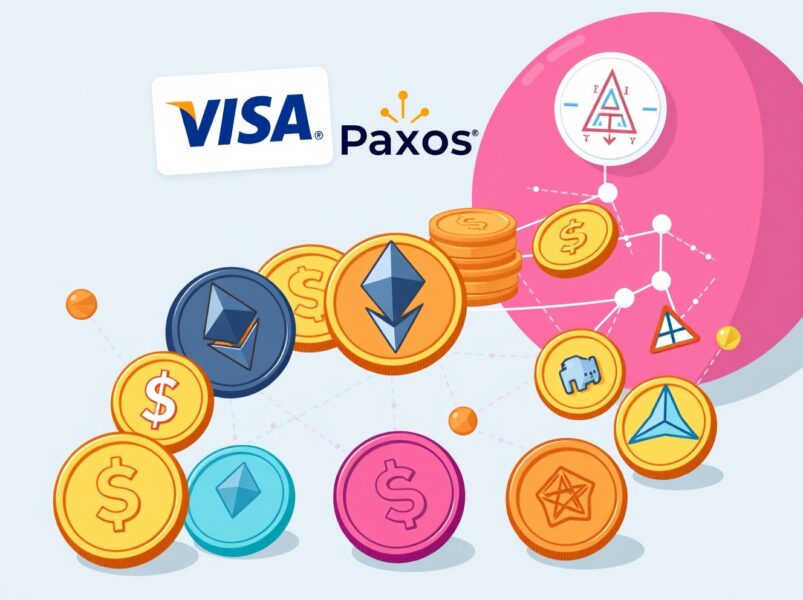a16z, the crypto VC arm of Andreessen Horowitz, made a $50M investment in Jito, Solana’s staking protocol. In return, the fund will receive native JTO tokens.
Andreessen Horowitz invested $50M into Solana’s staking protocol Jito, valuing the project at $800M according to sources familiar with the deal. Based on currently circulating JTO tokens, the platform has a market cap of $442M.
The a16z crypto fund will receive JTO tokens in return, in one of the significant late-stage financing deals for the Solana ecosystem.
Jito announced the investment just as its influence was growing, through its multiple roles in Solana-based DeFi.
The funding round is one of the significant late-stage inflows as crypto VC funding recovered in the past few months. The $50M investment comes just days after Andreessen Horowitz announced a $300M investment in Kalshi.
Jito points to long-term alignment with Andreessen Horowitz
The deal signals long-term alignment between Andreessen Horowitz and Jito, announced Brian Smith, executive director at the Jito Foundation for Fortune magazine.
The amount of JTO and the price at which the tokens changed hands. “If you’re accepting long-term alignment where you can’t sell for a while, then there’s traditionally some modest discount associated with that,” said Smith.
Andreessen Horowitz has already established a connection with the Solana ecosystem, as the leading VC in the private placement of $314M SOL in 2021.
The late-stage deal to acquire JTO is a rarity in the crypto space, where funds usually join ahead of the token launch. Previously, the fund acquired tokens from LayerZero and EigenLayer. As Cryptopolitan reported, the fund directly injected $70M into the fund.
The fund has mostly picked up some of the high-profile crypto projects, achieving over 72,871% in total returns. a16z has over $433M in direct crypto holdings in its public-facing wallets.
Jito awaits a recovery of SOL staking
Jito is still among the top liquid staking protocols on Solana. Over 14M SOL was staked with the protocol, though other platforms are competing hard. On Jito, the amount of staked SOL diminished by 4M tokens since May.
Liquid staking may be the next step for Solana treasury companies. Jito is seen as one of the more reliable platforms, with $2.87B in notional value locked. The project still achieves over $407M in annualized fees based on its multiple decentralized activities, including MEV block-building.
Despite the growth of Solana, JTO tokens are trading near their lowest level for the past year. JTO is down over 48% for the past year, trading at $1.14.
JTO tokens have around 36% of the supply locked, expecting the tokens to be released in the next few months. On November 7, another 1.13% of the supply will be unlocked, valued at $13.03M. The vesting schedule will continue until December 2026, retaining the pressure on the price of JTO.
The new a16z investment has not set the details on any changes to the vesting schedule. Jito has also not explained the source of coins and the actual size of the discount sale.
The smartest crypto minds already read our newsletter. Want in? Join them.
Source: https://www.cryptopolitan.com/a16z-invests-into-solana-protocol-jito/



